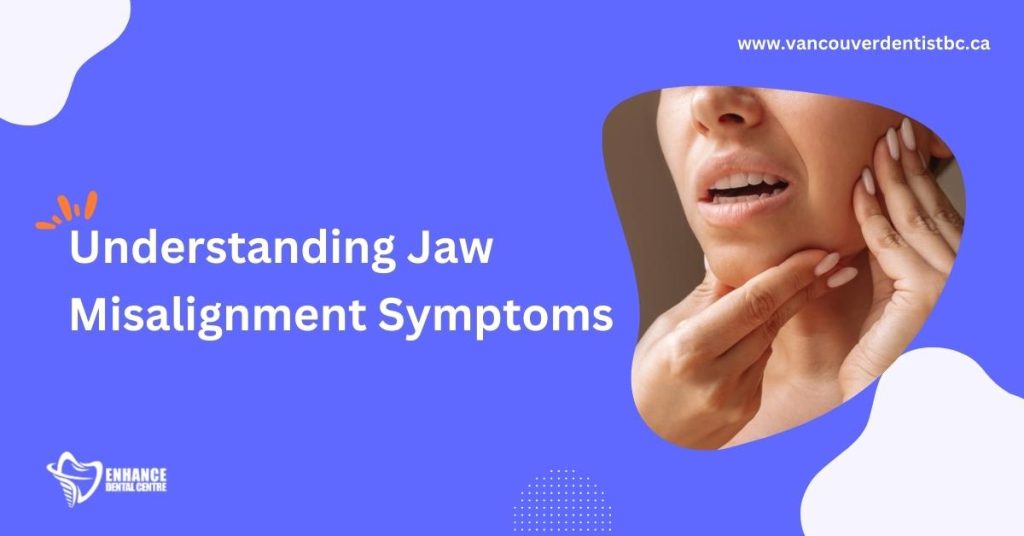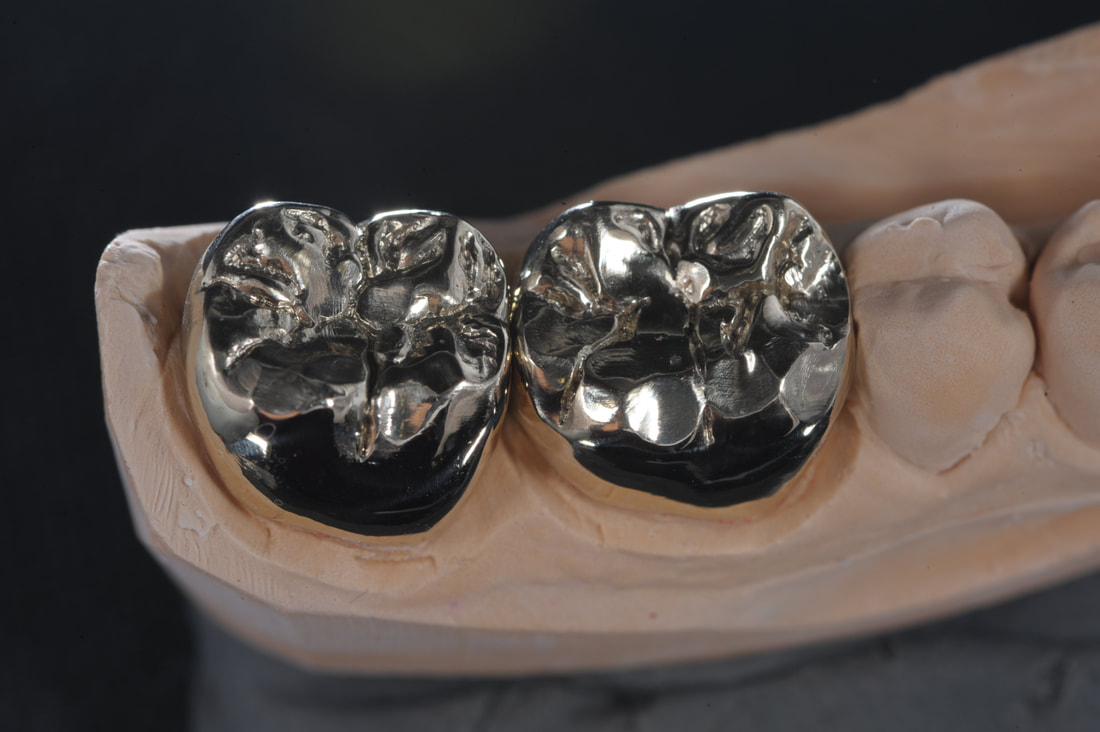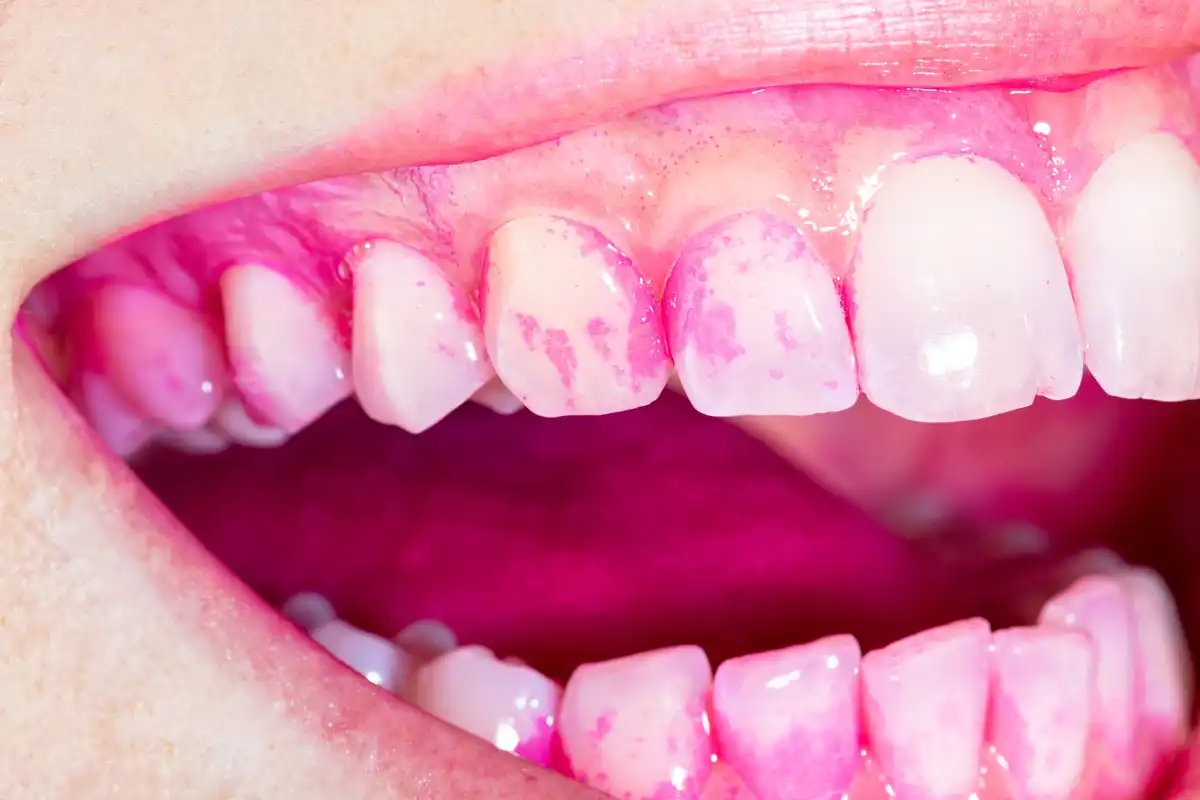Symptoms Of Jaw Misalignment

Jaw misalignment, also known as malocclusion, is a condition where the upper and lower teeth do not fit together properly. This can be caused by a variety of factors, including genetics, injury, or certain habits such as thumb sucking. Jaw misalignment can lead to a range of symptoms, some of which may be subtle, while others can be more pronounced and debilitating.
One of the most common symptoms of jaw misalignment is chronic pain or tenderness in the jaw, face, or temples. This pain can be constant or intermittent and may worsen with activities such as chewing, talking, or yawning. Some individuals may experience pain that radiates to other areas, such as the neck, shoulders, or ears. This type of pain is often referred to as temporomandibular joint (TMJ) disorder or TMD.
In addition to pain, clicking or popping sounds when opening or closing the mouth are also indicative of jaw misalignment. This noise is caused by the movement of the jaw joint as it tries to compensate for the misaligned teeth. Over time, this repetitive movement can lead to inflammation and further irritation of the joint.
Another symptom of jaw misalignment is difficulty chewing or swallowing. When the teeth do not fit together properly, it can be challenging to eat certain foods, particularly those that require significant chewing, such as meat or hard fruits and vegetables. This can lead to nutritional deficiencies if the individual avoids eating certain foods or has difficulty consuming a balanced diet.
Headaches and migraines are also common symptoms of jaw misalignment. The pain and tension in the jaw and face can radiate to other areas, including the head, leading to frequent or severe headaches. Some individuals may experience earaches or ringing in the ears (tinnitus) due to the proximity of the jaw joint to the ear canal.
Furthermore, jaw misalignment can cause dental problems, such as tooth wear, chipping, or cracking. When the teeth do not fit together properly, they can put excessive pressure on certain areas, leading to tooth sensitivity or gum recession. In severe cases, jaw misalignment can even lead to tooth loss if left untreated.
Sleep disturbances, such as insomnia or sleep apnea, can also be related to jaw misalignment. The discomfort and pain associated with jaw misalignment can make it difficult to fall asleep or stay asleep, leading to fatigue, irritability, and other related symptoms.
In some cases, jaw misalignment can cause respiratory problems, such as snoring or breathing difficulties. When the jaw is misaligned, it can affect the position of the tongue and the airway, leading to obstructive sleep apnea or other respiratory issues.
Psychological symptoms, such as anxiety or depression, can also be related to jaw misalignment. The chronic pain and discomfort associated with jaw misalignment can lead to feelings of frustration, irritability, and low self-esteem.
Visual symptoms, such as asymmetrical facial features or uneven teeth, can also be indicative of jaw misalignment. When the jaw is misaligned, it can affect the overall appearance of the face, leading to cosmetic concerns.
If you are experiencing any of these symptoms, it is essential to consult with a healthcare professional, such as an orthodontist or a dentist, to determine the underlying cause and develop an effective treatment plan.
Frequently Asked Questions
What are the most common symptoms of jaw misalignment?
+The most common symptoms of jaw misalignment include chronic pain or tenderness in the jaw, face, or temples, clicking or popping sounds when opening or closing the mouth, difficulty chewing or swallowing, and headaches or migraines.
Can jaw misalignment cause respiratory problems?
+Yes, jaw misalignment can cause respiratory problems, such as snoring or breathing difficulties, due to the effect on the position of the tongue and the airway.
How can jaw misalignment be treated?
+Jaw misalignment can be treated with a variety of methods, including orthodontic treatment, such as braces or Invisalign, dental restorations, such as crowns or bridges, and in some cases, surgery.
Can jaw misalignment cause psychological symptoms?
+Yes, jaw misalignment can cause psychological symptoms, such as anxiety or depression, due to the chronic pain and discomfort associated with the condition.
How can I prevent jaw misalignment?
+Preventing jaw misalignment can be achieved by maintaining good oral hygiene, avoiding habits such as thumb sucking, and seeking orthodontic treatment at a young age if necessary.
In conclusion, jaw misalignment can cause a wide range of symptoms, from chronic pain and difficulty chewing to respiratory problems and psychological symptoms. If you suspect that you or a loved one may be experiencing jaw misalignment, it is essential to consult with a healthcare professional to determine the underlying cause and develop an effective treatment plan.


